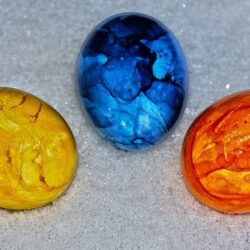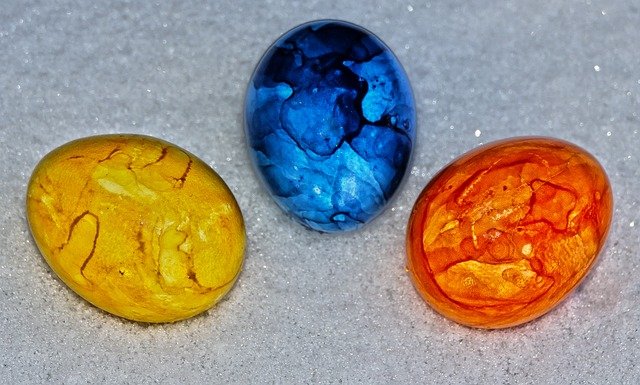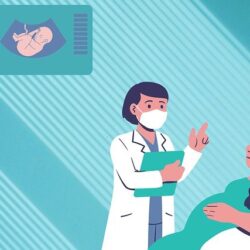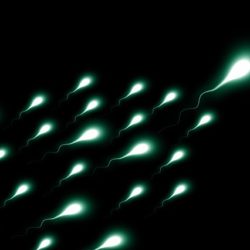What are the drawbacks of freezing eggs or sperms for future parenting?
Freezing surplus eggs and sperm for future use is a common technique used in the assisted reproductive system.
But some concerns need to consider of application of frozen eggs or frozen sperm for future parenting.
Method related drawbacks
Slow freezing and vitrification are two cryopreservation techniques commonly used for egg and sperm freezing.
Currently, human sperm are cryopreserved by applying a slow freezing process, while vitrification is applied for oocytes.
Furthermore, Open Pulled Straw and Closed Pulled Straw are two vitrification systems widely used for gametes and embryos.
However, the application of the open or close method is a debatable discussion.
Some experts believe that the open system provides a better result with an acceptable contamination risk.
But some experts stated that no difference in result for both the system and the closed system is significantly safer than the open system.
Therefore, both these methods have some conflicting results.
Liquid nitrogen is widely used as a cryogenic fluid because of its ability to maintain the ultralow temperature of −196°C that is quite low than water freezing.
At this temperature, physical and chemical reactions slow down and stop the degradation of the preserved material.
But using liquid nitrogen has some drawbacks.
Many microorganisms are able to survive in cryogenic temperatures found in liquid nitrogen and many are the factors that contribute to increasing their resistance to low temperatures.
This increases the scope of cross-contamination through the transmission of pathogens between cryopreserved cell samples during storage in liquid nitrogen.
Cross-contamination is considered a potential risk in assisted reproduction techniques.
Hepatitis B virus (HBV), herpes simplex, adenovirus, and papillomavirus are some viral pathogens that can cross-contaminate the cryopreserved gametes through liquid nitrogen.
Experts are also concerned about Zika virus transmission that may be present in frozen semen for a long period and cause teratogenicity, though no study confirms this finding.
Researchers reported that LN2 vapor is a safer alternative option to liquid nitrogen for storing cryopreserved samples.
Physiological drawbacks
The scope of cell destruction during freezing and thawing due to intracellular ice crystals formation is one of the primary drawbacks of cryopreservation of gametes.
To solve this problem, some steps are taken care of that are as follows:
- The total solute concentration with different cryoprotectants is increasing
- The degree of cellular dehydration is increasing
- The speed of cooling and/or warming is changing
- Intracellular ice crystal formation can also be solved by shifting water out of a cell.
But osmotic shock develops due to the application of cryoprotectants forces the movement of the water by osmosis and leads to dehydration of the cell that causes a detrimental change in cell volume.
Fluctuation of physical and chemical factors during the egg or sperm freezing process has a potential impact on the DNA structure of the cell.
For instance, alteration of osmotic pressure during the freezing process causes chromosome aberrations or elevations in sister chromatid exchange frequencies in hamster ovary cells and lymphocytes.
Thus, hyperosmotic pressure may cause DNA damage or hinder DNA repair leading to chromosomal aberrations.
Freezing impacts on eggs quality
Progressive loss of bipolar spindle structure coexisting with chromosome displacement is resultant of leaving oocytes for longer than optimum time.
Egg freezing and/or pre-freezing influences alteration either in DNA structure or egg components implicated in repair mechanisms.
Many research studies found that cryopreservation leads to DNA fragmentation.
However, the same method does not apply for egg quality assessment after cryopreservation. Therefore, it is difficult to state that a clear conclusion.
Freezing impacts on sperm quality
Some research findings reported that the freezing technique modifies the DNA integrity of human sperm.
Glycerol is a primary cryoprotectant used for commercial purposes.

Ravi Sharma is a self-motivated, successful entrepreneur and has a solid experience in the fertility segment. and he is the director at ARTbaby Global (ARThealthcare). He is a pharmacy graduate with post-graduation in business administration and has 14 years of rich experience in the field of infertility segment. He loves to write about IVF, Surrogacy, and other ART (assisted reproductive technology) news, issues, and updates. He is a Pharmacy graduate (B. Pharm) and M.B.A (marketing).
His most recent success includes the successful launch of the medical tourism company, ARTbaby, which offers treatment options for infertility, egg donation, and surrogacy. He likes spending time with his family and writing about various aspects of IVF surrogacy and donating eggs.








